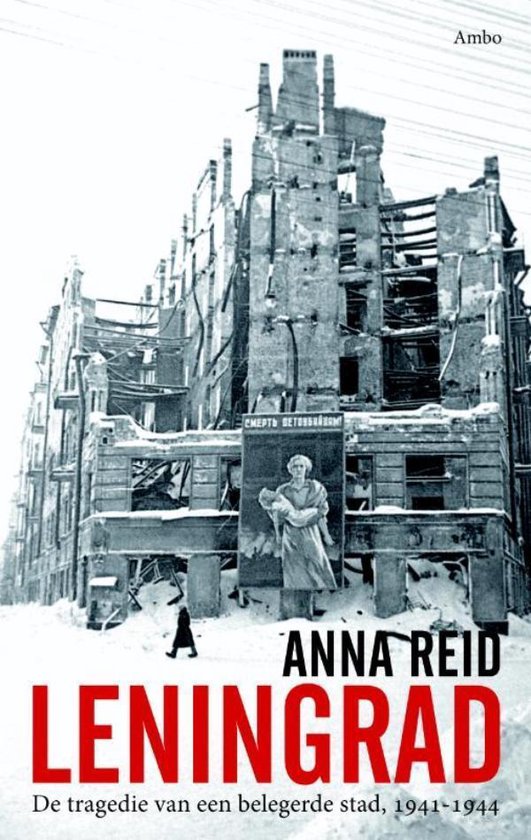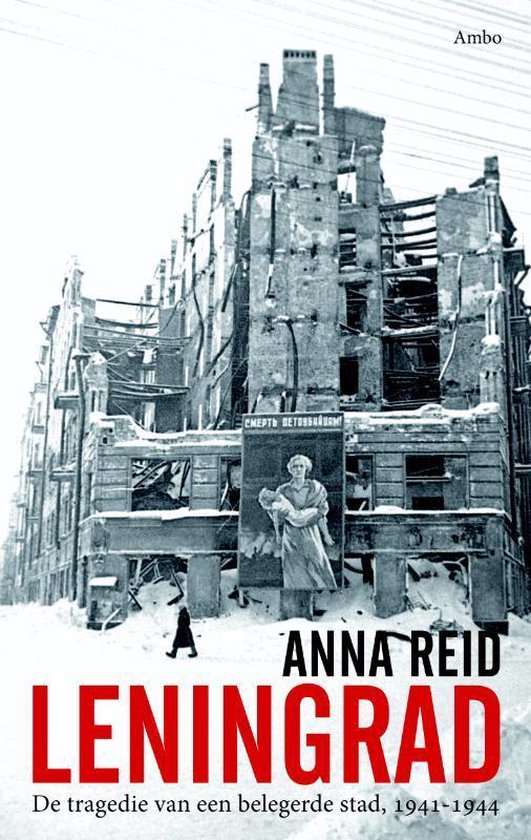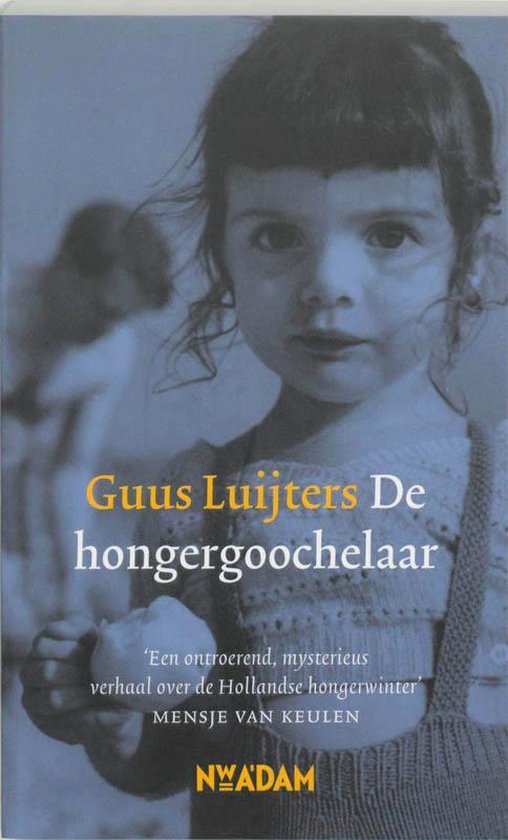
Leningrad
The siege of Leningrad is one of the great stories of extraordinary and heroic endurance in World War II
When Hitler attacked the Soviet Union in June 1941, he intended to capture Leningrad before turning on Moscow. Soviet resistance forced him to change tactics: with his forward troops only thirty kilometres from the city's historic centre, he decided instead to starve it out. Using newly available diaries and government records, Anna Reid describes a city's descent into hell - the breakdown of electricity and water supply; subzero temperatures; the consumption of pets, joiner's glue and face cream; the dead left unburied where they fell - but also the extraordinary endurance, bravery and self-sacrifice, despite the cruelty and indifference of the Kremlin.
When Hitler attacked the Soviet Union in June 1941, he intended to capture Leningrad before turning on Moscow. Soviet resistance forced him to change tactics: with his forward troops only thirty kilometres from the city's historic centre, he decided instead to starve it out. Using newly available diaries and government records, Anna Reid describes a city's descent into hell - the breakdown of electricity and water supply; subzero temperatures; the consumption of pets, joiner's glue and face cream; the dead left unburied where they fell - but also the extraordinary endurance, bravery and self-sacrifice, despite the cruelty and indifference of the Kremlin.
| Auteur | | Anna Pavord Reid |
| Taal | | Engels |
| Type | | Paperback |
| Categorie | | Mens & Maatschappij |





